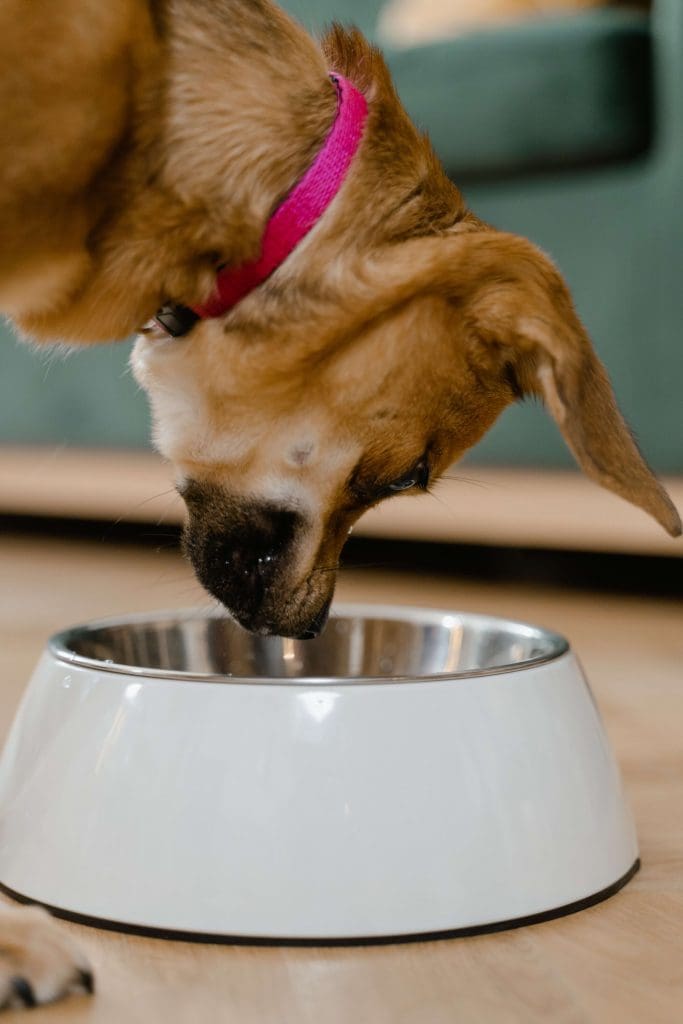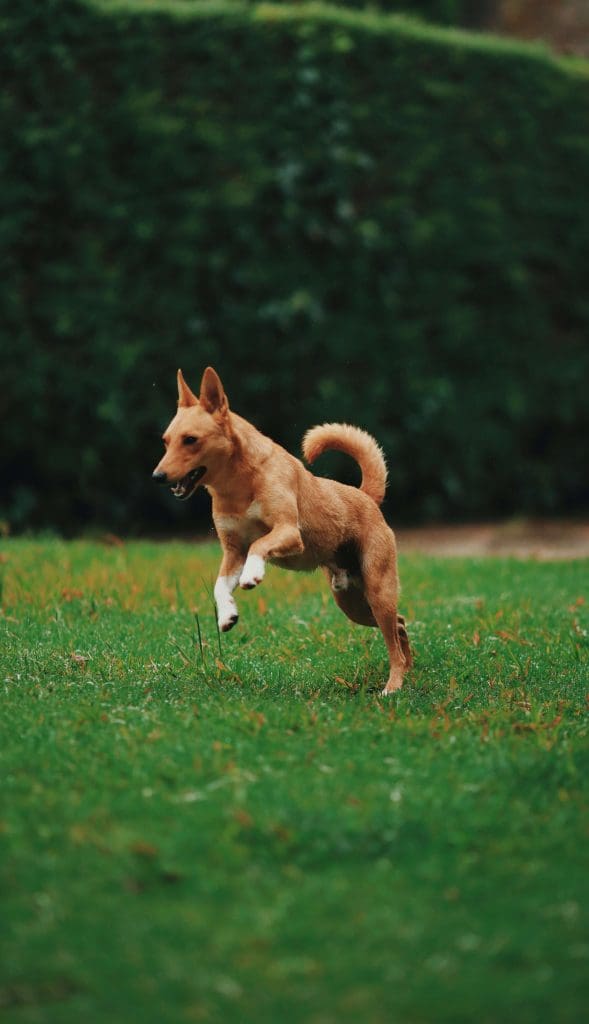Meal time is most dogs’ favorite part of the day (second only to seeing their humans come through the door). If your pup has suddenly lost interest in eating, it’s a strong indicator that something isn’t right.
Check out five of the most common reasons why dogs shy away from their food dish so you get them back on the road to good nutrition.
 1. Illness
1. IllnessFirst and foremost, missing meals can be a sign that your pup isn’t feeling well. A decreased appetite is a symptom of many different illnesses, from mild kennel cough to life-threatening issues, including:
While pet parents shouldn’t automatically panic at their pup’s refusal to eat, anorexia that lasts more than a day or two warrants a visit to your vet.
Take note of any other symptoms, like vomiting, diarrhea, and lethargic behavior. The information you provide can help your veterinarian get a complete picture of your dog’s health.
Anyone who has ever had a broken tooth or canker sore can understand how oral pain makes eating less than enjoyable.
If your pup is overdue for a dental exam and cleaning, issues with their mouth or teeth may have made crunching on kibble difficult or painful. Be on the lookout for the following:
Your pup’s oral health is an important part of their overall well-being, and preventative care is the best way to treat issues before they become severe enough to interfere with eating.

Everyone likes a treat, but too many can impact your dog’s appetite at regular mealtimes. Offer too many snacks and table scraps throughout the day, and you may notice your pup isn’t interested in their kibble at dinner.
Fussy eating may also be a product of your pet’s individual personality. Some dogs are perfectly happy to eat anything at any time, while others have more defined preferences. If you’ve recently changed their diet, they may not like what they’re being offered. Work with your vet to find a diet that meets your dog’s nutritional needs while tasting great.
If your pup has recently undergone surgery, received a vaccination or booster, or started a new medication, short-term changes to their appetite may come with the territory.
Your vet can help you understand what to expect as your dog adjusts or recovers so you can distinguish between typical and worrisome behavior.
In otherwise healthy pups, emotional dysregulation is the most common explanation for missed meals.
Upsetting events like sirens, fireworks, or thunderstorms can cause your dog to skip tonight’s dinner, but ongoing stressors, like a new pet, a new home, or a drastic change to their daily routine, may take longer to resolve.
Be patient with your dog and look for ways to accommodate their emotional needs while they adjust. This may be as simple as adjusting meal schedules or feeding your new pet in a separate area of your home.
Be creative in your search for ways to help your dog feel safe and relaxed, and better eating habits should follow.